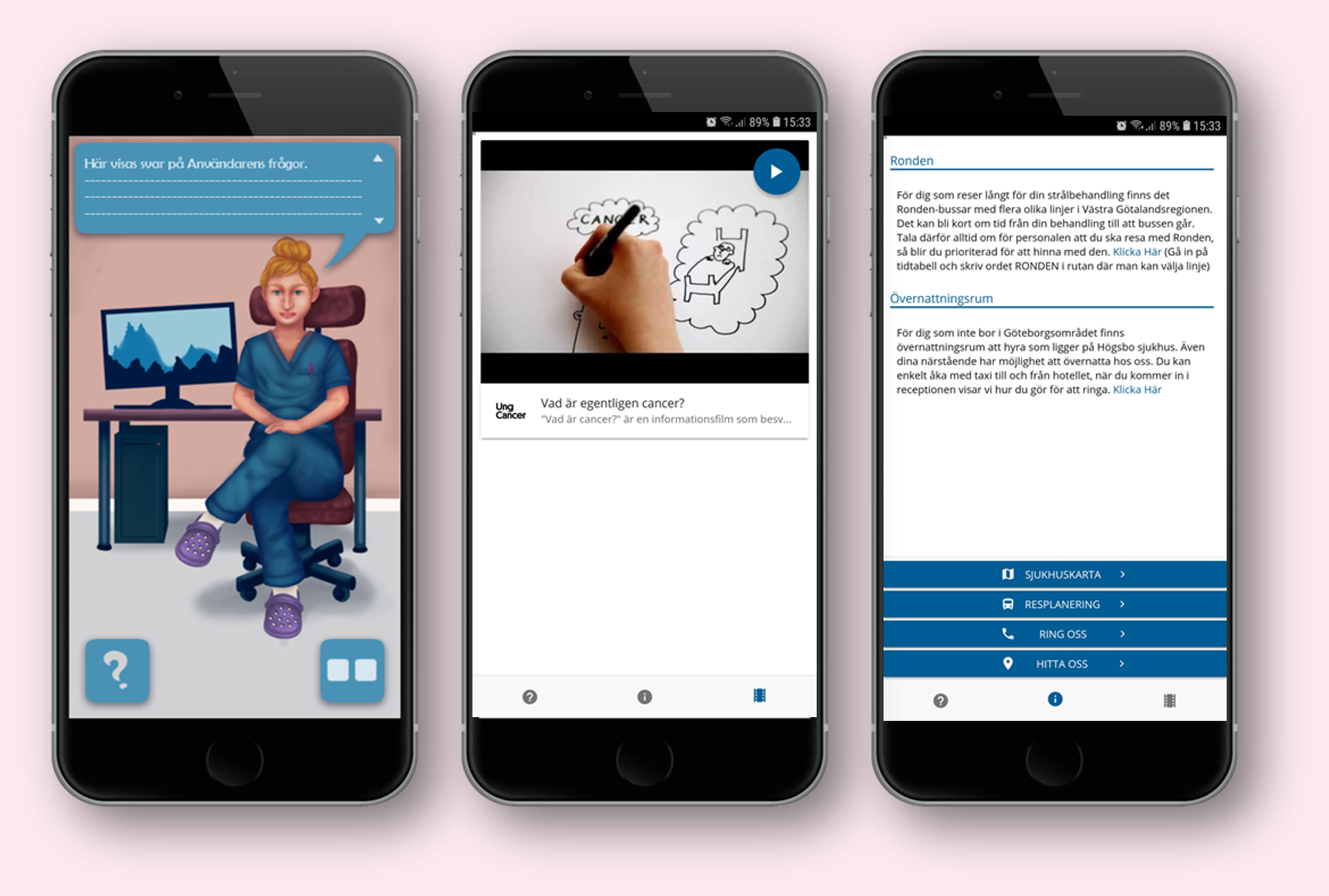Digital tool makes radiotherapy more understandable for women with breast cancer
Being diagnosed with breast cancer is a major life transition - both emotionally and practically. During this time, patients need to absorb extensive information and prepare for treatment, which can be difficult when anxiety is high. A new doctoral thesis at Jönköping University shows how digital tools can contribute to increased security, understanding and participation in care.

The Digi-Do digital information tool was developed and evaluated as part of the doctoral thesis. It is designed for women undergoing radiotherapy for breast cancer and combines virtual reality (VR) with easily accessible and personalized information. The tool has been developed in close collaboration with patients and healthcare professionals through a co-creative design process.
Digi-Do consists of two parts:
- a VR simulation that shows the treatment environment and allows the user to orient themselves while a voice guides them.
- an information part with texts, animations and practical advice that meets different needs and levels of health literacy, that is, an individual's ability to access, understand, evaluate and use health information to maintain and promote good health.
The doctoral thesis is based on four sub-studies - from co-creative design process and pilot study to interviews and data analysis. The results show that many participants found the tool reassuring and useful, with the greatest benefit among those who reported higher levels of pre-treatment anxiety. They appreciated the ability to access the information at their own pace, share it with family and friends, and use it as a complement to their medical appointments.
"Many patients described Digi-Do as making it easier to understand what was going to happen, thereby reducing anxiety about radiation. Being able to see the treatment room in advance and absorb the information at their own pace gave a sense of control in an otherwise uncertain time. This shows how important clear and accessible information can be for patients' safety and participation," says Annika Grynne, doctoral student and lecturer at the School of Health and Welfare, Jönköping University.
Can make information more accessible and understandable
The doctoral thesis shows how digital supports, developed in close collaboration with patients and healthcare professionals, can complement regular care and make information more accessible and understandable. By combining technology, pedagogy and person-centeredness, such solutions can contribute to a more health literacy-friendly care - where patients and their families feel more involved and safe throughout the treatment process.
"The results show that digital tools such as Digi-Do can contribute to increased safety and participation in care. When information is developed together with patients, it becomes more understandable and accessible, which strengthens both trust and cooperation between patients and healthcare professionals," says Annika Grynne.
The tool has now been adopted by Region Västra Götaland (VGR), where it has been updated and further developed into a new version that also targets patients with prostate cancer. The new app, Radiotherapy, does not include VR support but features, among other things, videos showing the facilities, preparations, and treatment process. The app is currently available in a test version that will be evaluated during the autumn within VGR.
Contact
- Doctoral Student
Lecturer - School of Health and Welfare
- annika.grynne@ju.se
- +46 36-10 1846
Pink month
October is known as Pink Month, a campaign period dedicated to raising awareness about the fight against breast cancer. The aim is to increase understanding of the disease, encourage early detection, and raise funds for research and support for those affected.

